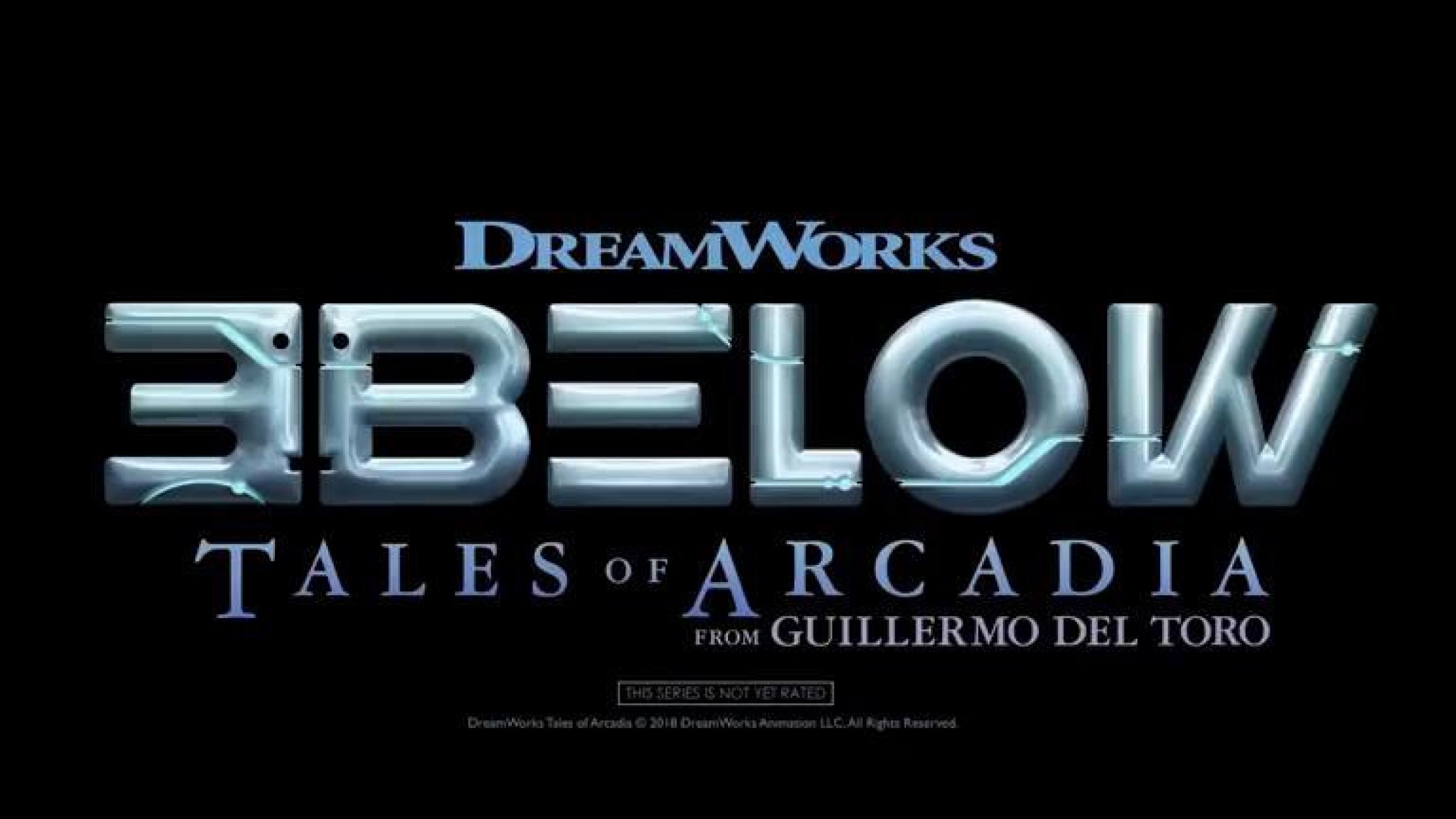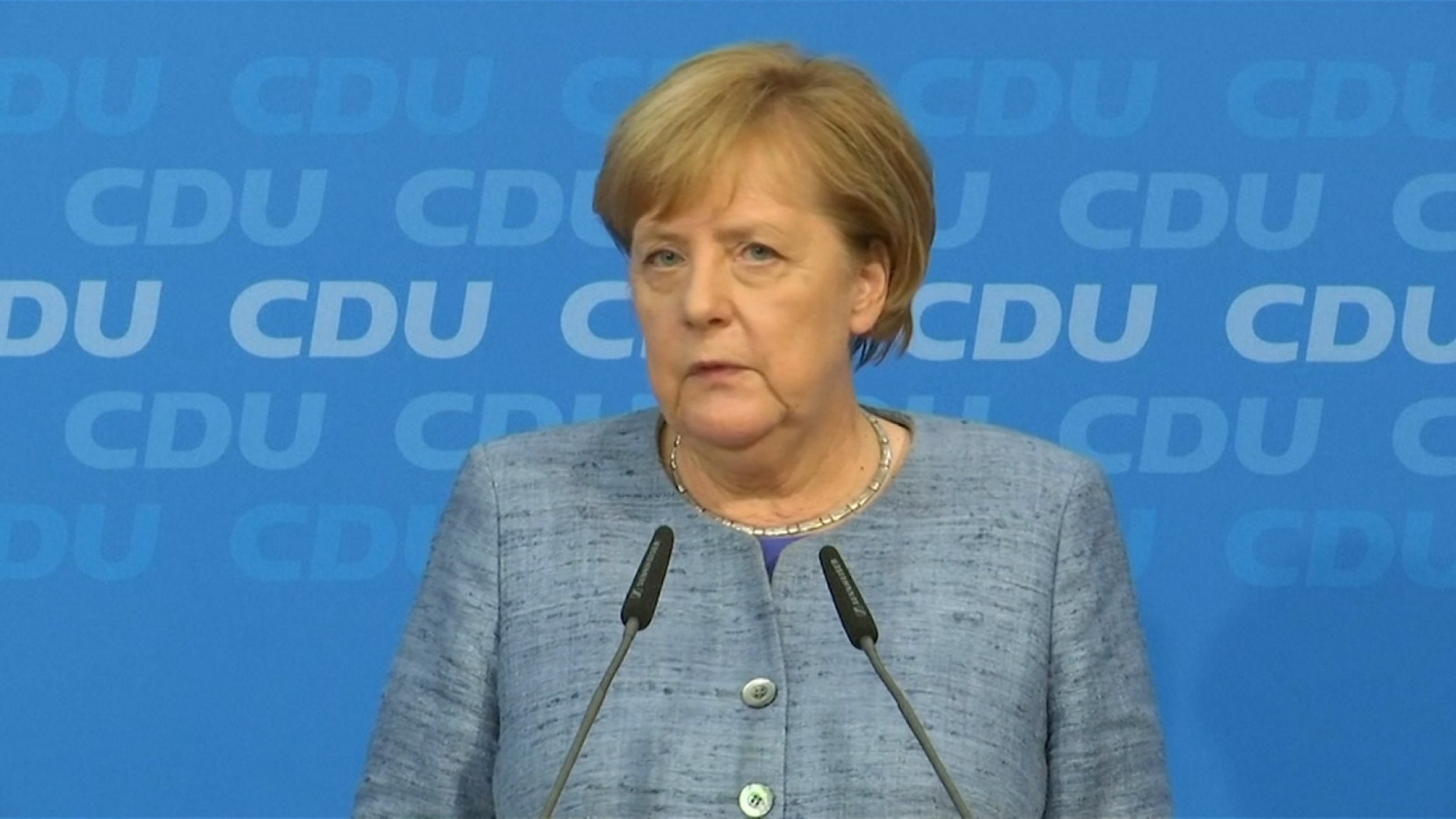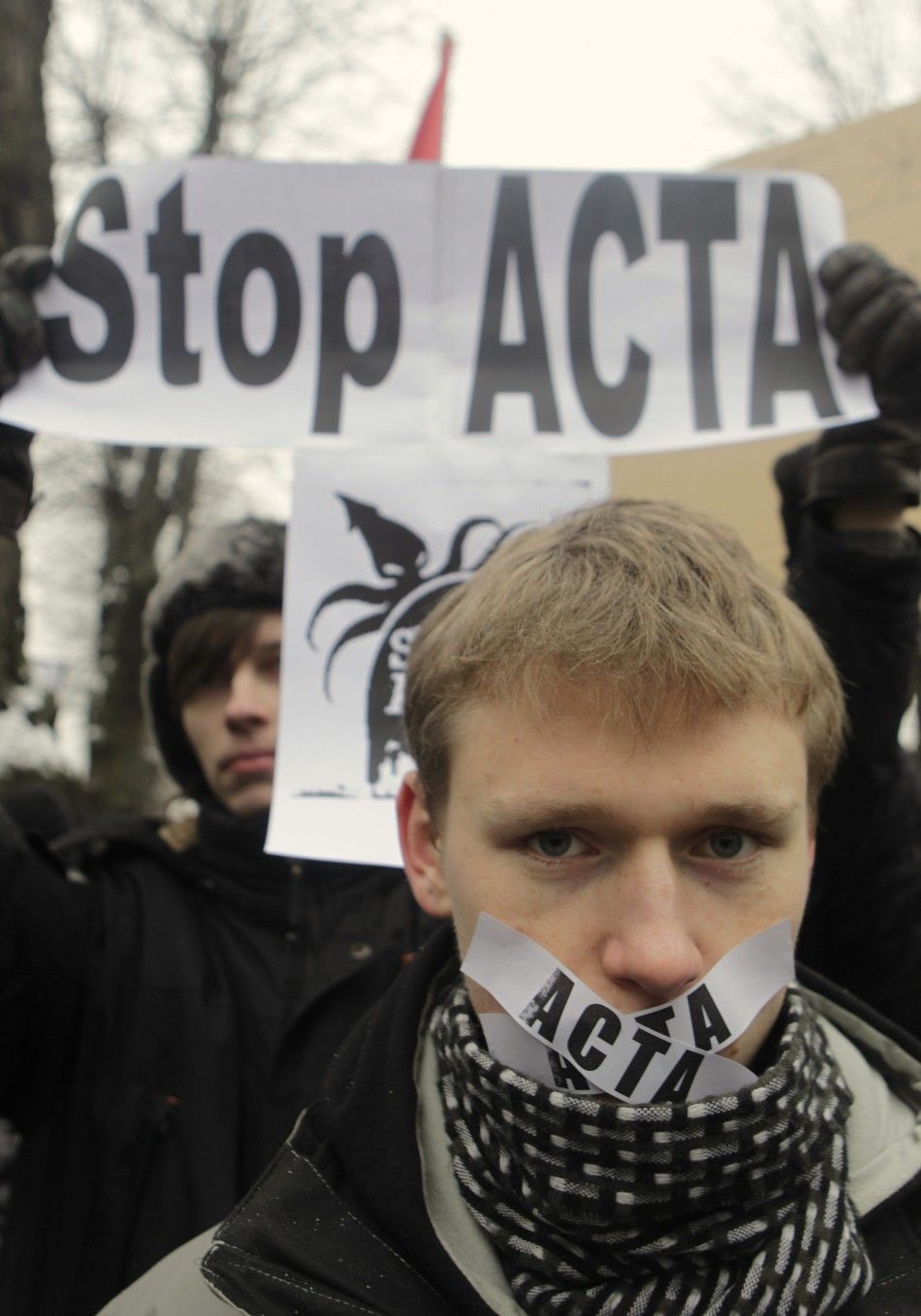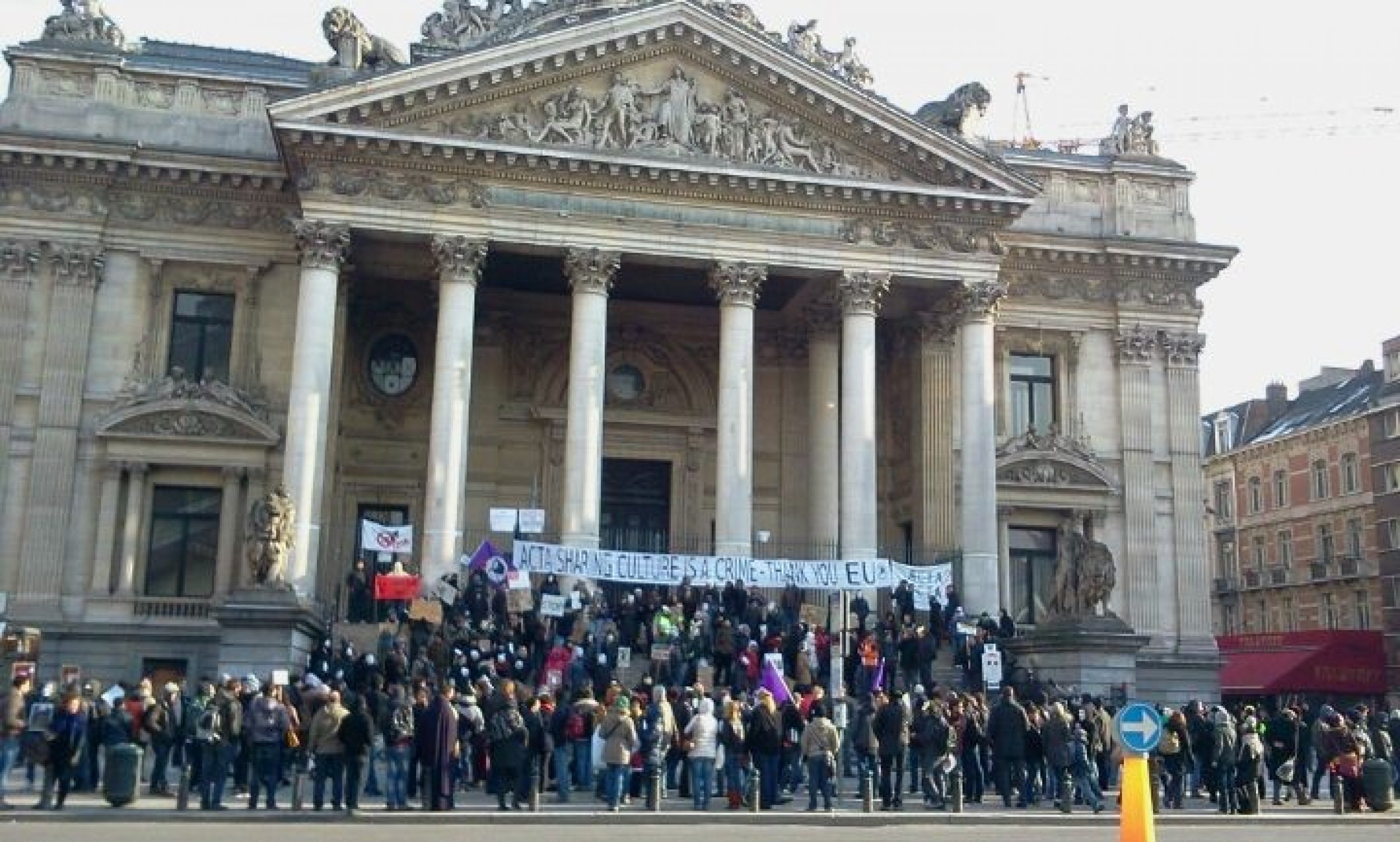ACTA Protests Sweep Across the World [PHOTOS, VIDEO]
ACTA protests are sweeping across the world. Feb. 11 was dubbed an international day of action by opponents of ACTA , and turnout was highest that day, but the rallies have continued to rage on in the days since, as international anger over the controversial treaty builds.
Asthe Anti-Counterfeiting Trade Agreement loses support in Europe, where a number of countries are putting the brakes on plans to ratify the controversial treaty, its opponents are hoping to sieze the moment by urging the world's government's to reject the treaty.
Protesters have been galvanized in their efforts to stop the by recent developments that suggest the treaty may be losing international support just three weeks after 22 European Union member states signed it.
The world's network of ACTA opponents declared Saturday, Feb. 11 as a day of action, riding a rising tide of international anger over the treaty and its provisions that have the potential to limit Internet freedom, decrease online privacy and even restrict worldwide access to generic drugs.
ACTA would set up an international legal framework to deal with issues of counterfeiting, piracy and other crimes. Instead of dealing with national laws regarding these issues, these nations would be able to adjudicate alleged crimes in a new governing body that would exist outside of the purview of the United Nations and other international institutions.
That scope is one of the main concerns of its opponents, who worry that ACTA would create a new regime of Internet censorship and criminalization of commonplace online activities. So anti-ACTA protesters have taken to the streets and the Web to voice their concerns, which appear to be gaining some traction with international leaders tasked with negotiating the treaty, which its supporters hope to have in place by June.
Last week the Czech Republic joined Poland in moving to suspend their ACTA ratification processes, despite the fact that both countries are among the 22 that signed the document on Jan. 26. As these country's leaders have bowed to the pressure of their citizens' protests, international advocacy groups are hoping to ensure that these gains are followed by further positive developments in the fight to stop ACTA before it's too late.
Access Now, a group campaigning to stop ACTA, announced on Feb. 1 that Feb. 11 would be an international day of action against ACTA, and hundreds of protest events have been scheduled in nations from the U.S. to Bulgaria to Australia in the days since.
On February 11th, the world will be out in an unprecedented showing of solidarity against ACTA, Access Now writes on its Web site. Protests are being organized all over the globe to show the European Parliament that they must reject ACTA. Though many countries have signed the treaty already, if the EP rejects ACTA, it will be sent into the dustbin on history!
This slideshow provides photographs of the ACTA protests that continue to sweep across the world.
Watch an RT video about the ACTA protests below:















© Copyright IBTimes 2024. All rights reserved.





















